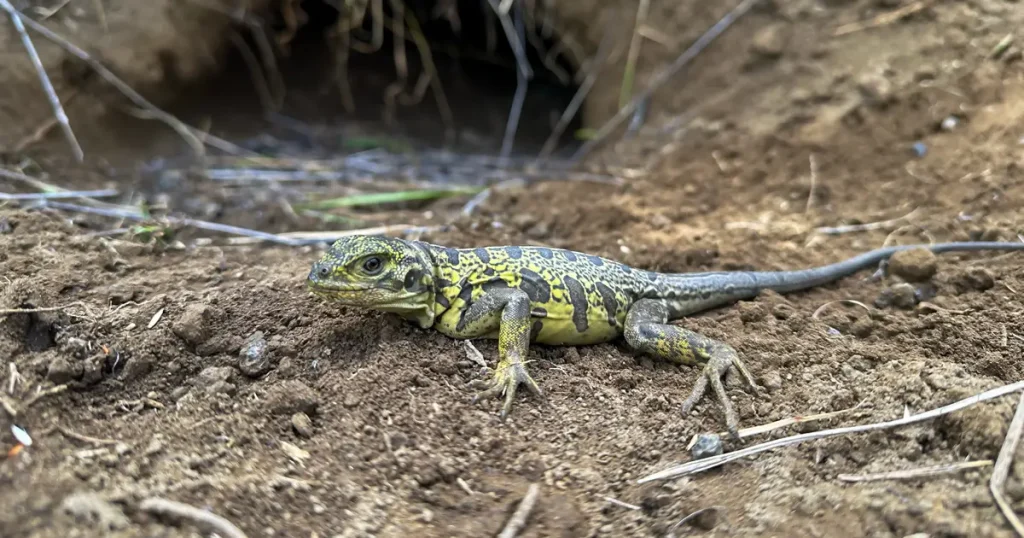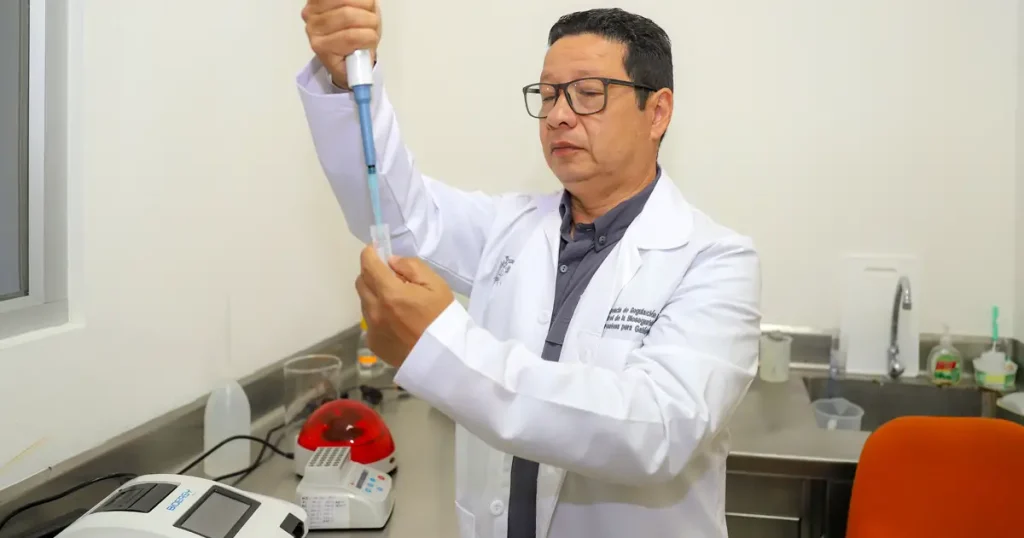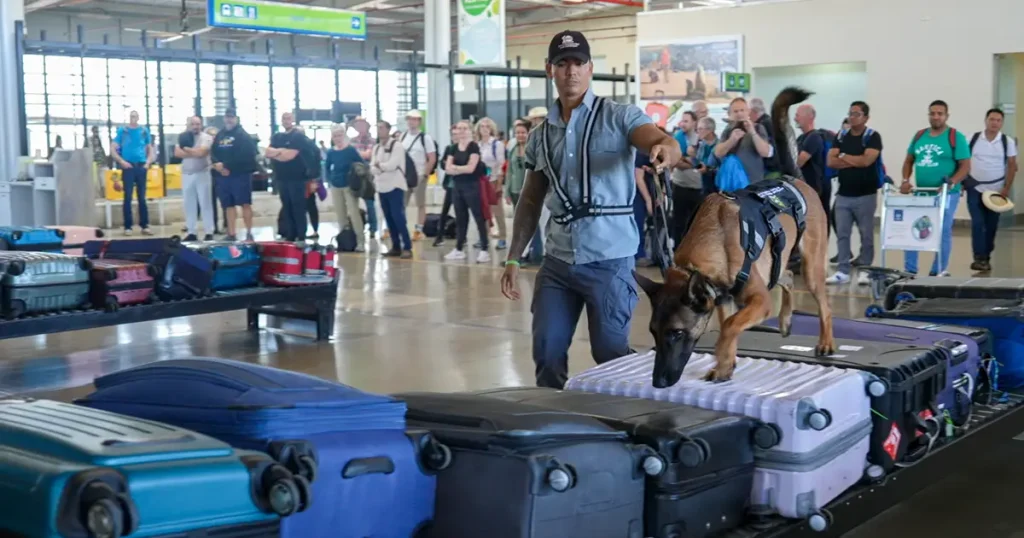Integrating Lessons on Renewable Energy into Curricula for Galápagos Students
Date: 10/29/2022
//Versión en español abajo.//
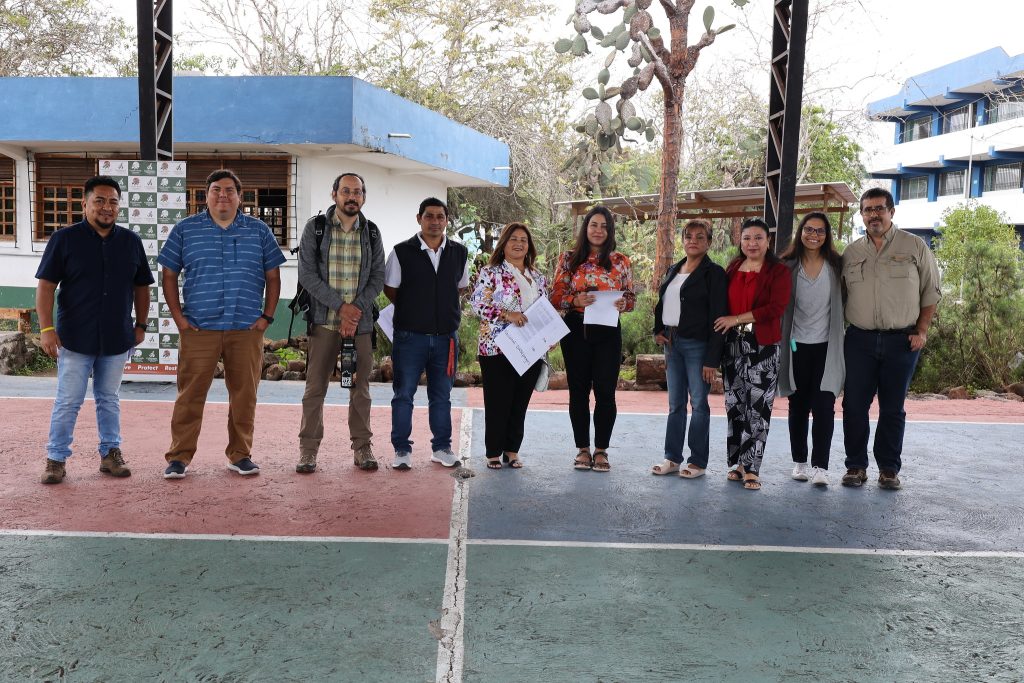
From October 17-21, more than 400 Galápagos teachers, from PreK through Grade 12, participated in intensive training during our 12th Teaching Institute. This five-day intensive is part of our ongoing Education for Sustainability Program, which is implemented by Galápagos Conservancy and Fundación Scalesia, in partnership with Ecuador’s Ministry of Education.
The integrating theme for the Institute was renewable energy — an essential topic of the Contextualized Curriculum for Galápagos that the Ministry of Education launched in local schools in June 2021. Over the course of the week, training facilitators, teacher-leaders, and experts in renewable energy helped educators to develop monthlong instructional units that they will employ with all 7,000 Galápagos students in the coming weeks. We are grateful for the excellent work of EPI Ecuador and Villanova University, who shared technical information with educators and helped engage local and international experts on this topic.
In most schools worldwide, students are not exposed to local and global conservation and sustainability issues. For example, in its “2030 Agenda for Sustainable Development,” UNESCO reports that 47% of national education programs make no mention of climate change, only 40% of teachers are comfortable teaching about climate change, and just 20% report being able to see how societies can take action to address this global threat.
In Galápagos, however, students learn math, science, social studies, and language arts in the context of real-life local and global conservation and sustainability examples. Education research shows that this approach helps students master core subjects and develop critical thinking and problem-solving skills. Moreover, this method helps students understand and appreciate their surroundings and motivates them to act with a sustainability mindset throughout their lives.
The Education for Sustainability Program resulted from a June 2014 diagnostic study conducted by Galápagos Conservancy, Fundación Scalesia, and the Ministry of Education, designed to develop a roadmap for strengthening public education in the Islands. In 2016, the program launched a cyclical training model consisting of Teacher Institutes (two per year), teacher observations and reflection sessions (instructional coaching), and professional learning circles, offering more than 220 hours of intensive, research-based training to every Galápagos teacher, every year.
Now in the seventh year of the 10 years envisioned for the program, teacher motivation and commitment are at all-time highs, and most teachers are demonstrating growing mastery of new, proven education strategies. Teacher-leaders trained by the program are now actively involved in the design and implementation of professional development activities and are coaching their peers. And dozens of local organizations and individuals are sharing their knowledge and expertise with teachers and students on a regular basis.
We are confident that this growing, collaborative effort will empower young people of Galápagos to help build more sustainable communities and to help ensure the long-term preservation of this world treasure.
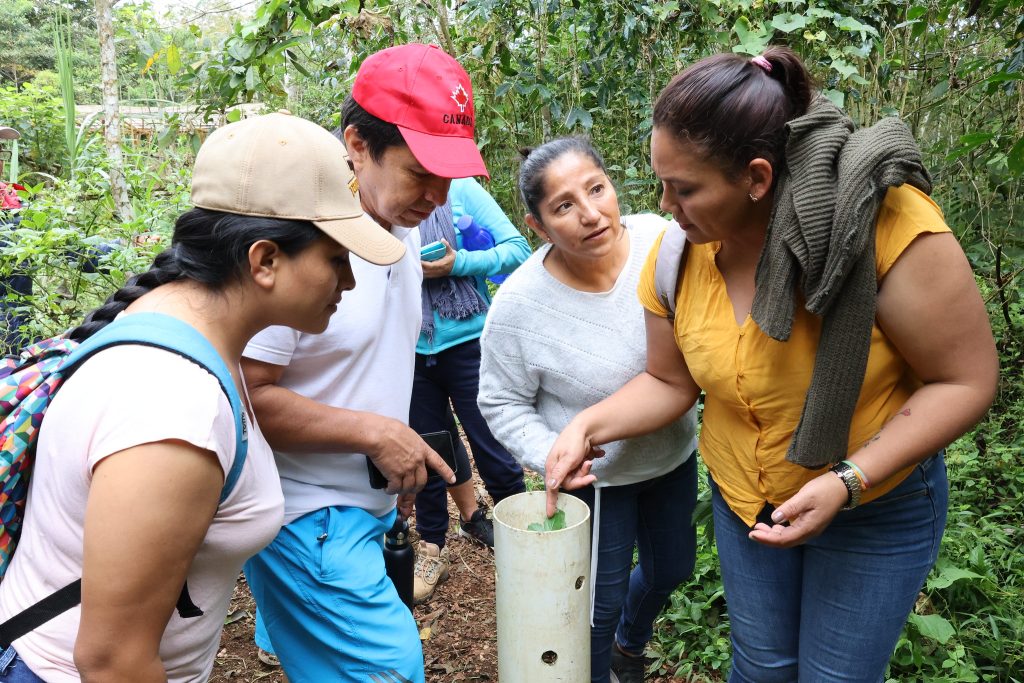
Docentes de Galápagos se preparan para involucrar a sus estudiantes en el tema de las energías renovables
Del 17 al 21 de octubre, los más de 400 profesores de la Provincia de Galápagos, desde nivel preescolar hasta secundaria, participaron en cinco días de formación intensiva en el 12º Instituto Docente como parte del Programa de Educación para la Sostenibilidad, implementado por Galápagos Conservancy y Fundación Scalesia, en colaboración con el Ministerio de Educación de Ecuador.
El tema integrador del Instituto fue las energías renovables, un tema esencial del Currículo Contextualizado para Galápagos que el Ministerio de Educación implementó en la Región Insular en junio de 2021. A lo largo de la semana, facilitadores de la formación, líderes pedagógicos y expertos en energías renovables ayudaron a los profesores a desarrollar unidades didácticas de un mes de duración que pondrán en práctica con los 7.000 estudiantes en las próximas semanas. Agradecemos el excelente trabajo de EPI Ecuador y la Universidad de Villanova, que compartieron información técnica con los educadores y ayudaron a involucrar a expertos locales e internacionales en este tema.
En la mayoría de las escuelas del mundo, los estudiantes no están expuestos a los problemas de conservación y sostenibilidad locales y globales. Por ejemplo, en su “Agenda 2030 para el Desarrollo Sostenible,” la UNESCO informa de que el 47% de los programas educativos nacionales no mencionan el cambio climático, solamente el 40% de los profesores se sienten cómodos enseñando sobre el cambio climático y apenas el 20% dicen ser capaces de explicar cómo las sociedades pueden tomar medidas para hacer frente a esta amenaza global.
En Galápagos, sin embargo, los estudiantes aprenden matemáticas, ciencias, estudios sociales y lengua, en el contexto de ejemplos de conservación y sostenibilidad locales y globales de la vida real. Las investigaciones educativas demuestran que este enfoque ayuda a los alumnos a dominar las materias básicas y a desarrollar el pensamiento crítico y la capacidad de resolución de problemas. Además, este enfoque ayuda a los estudiantes a comprender y apreciar su entorno y los motiva a actuar con una mentalidad de sostenibilidad a lo largo de su vida.
El Programa de Educación para la Sostenibilidad fue el resultado de un estudio de diagnóstico realizado en junio de 2014 por Galápagos Conservancy, la Fundación Scalesia y el Ministerio de Educación, diseñado para desarrollar una hoja de ruta para fortalecer la educación pública en las Islas. En 2016, el programa puso en marcha un modelo de formación cíclica que consiste en Institutos Pedagógicos (dos por año), observaciones y sesiones de reflexión de los maestros (coaching instruccional), y círculos de aprendizaje profesional, ofreciendo más de 220 horas de formación intensiva, basada en la investigación, a cada maestro de Galápagos, cada año.
